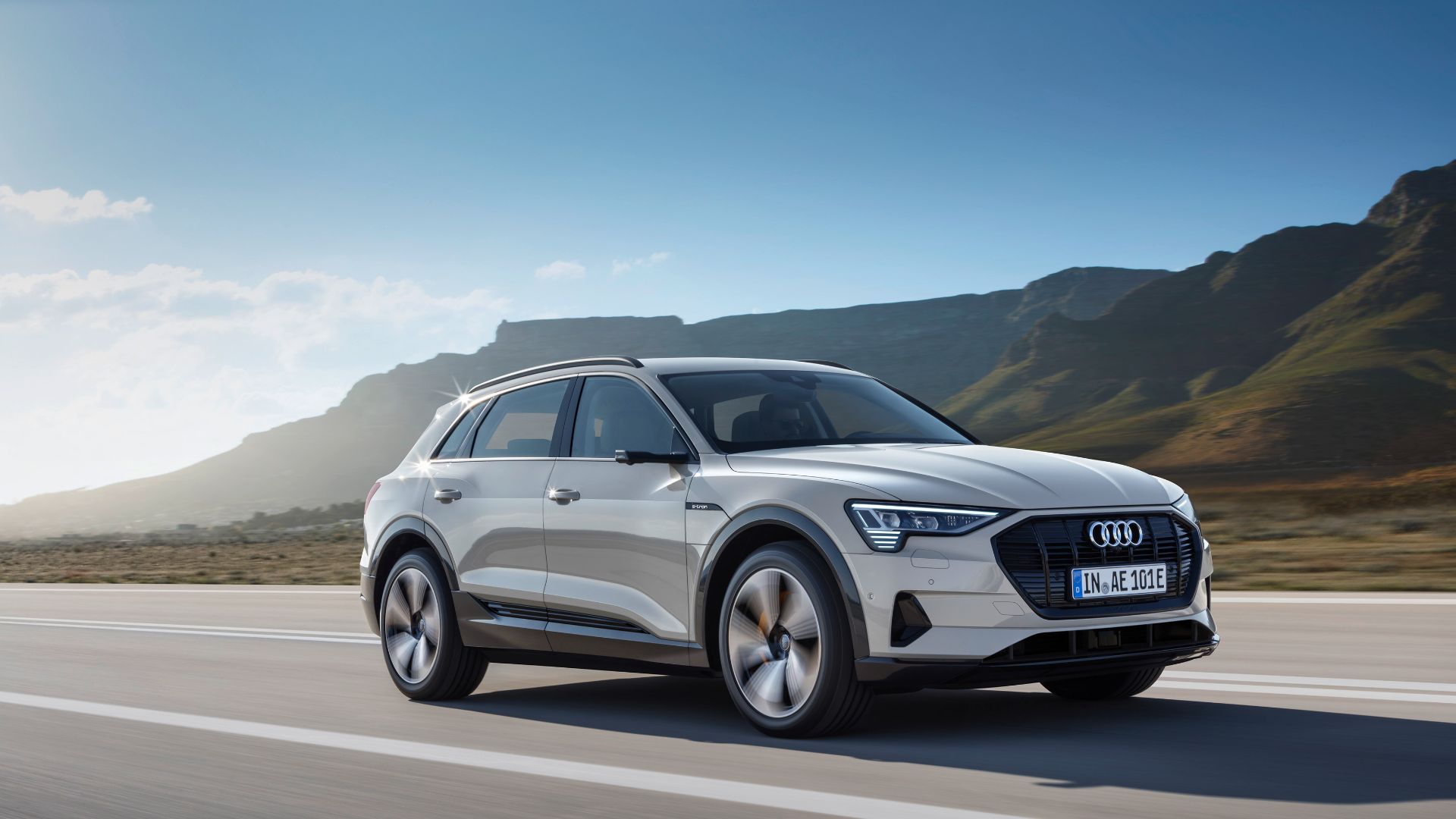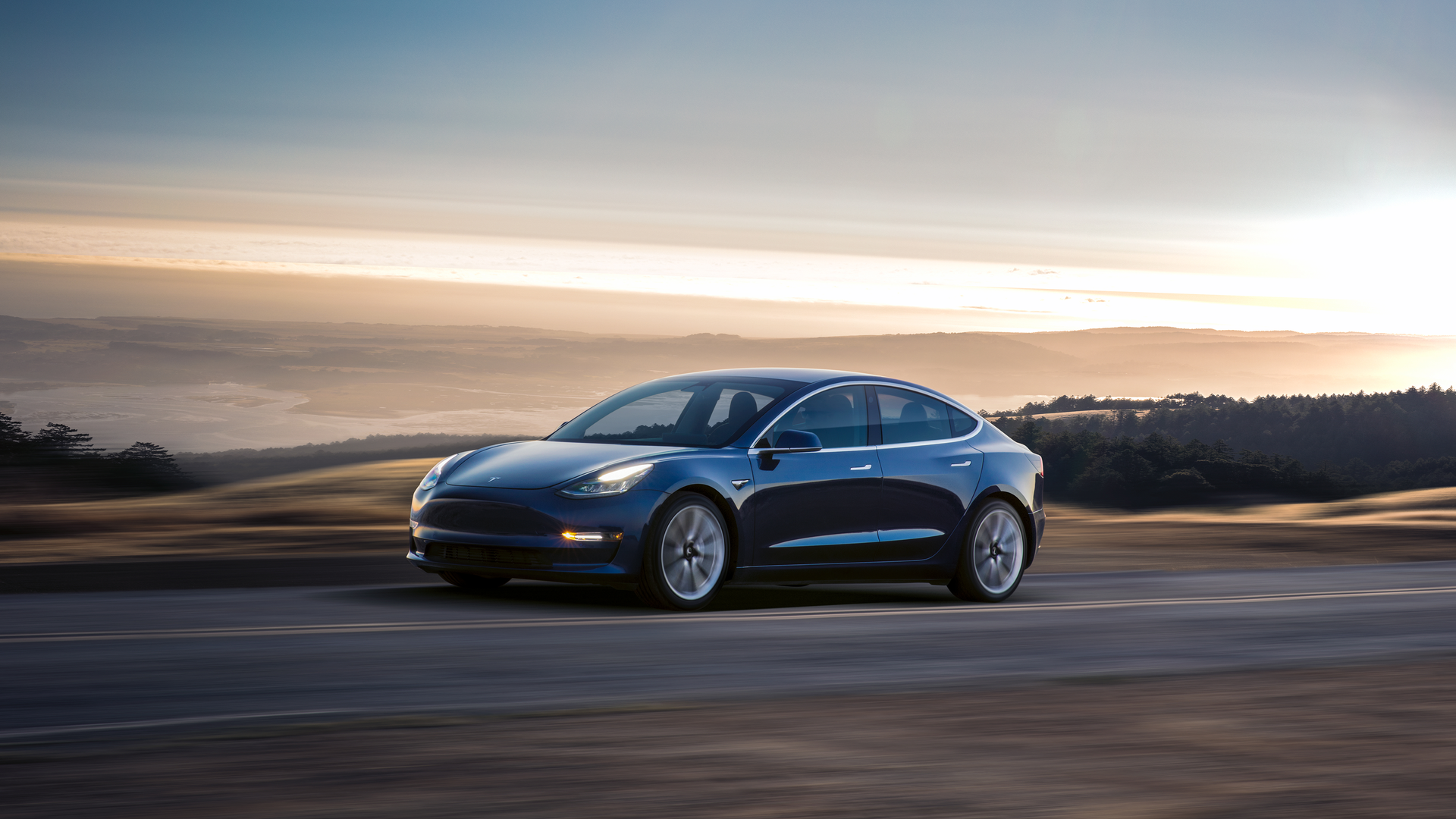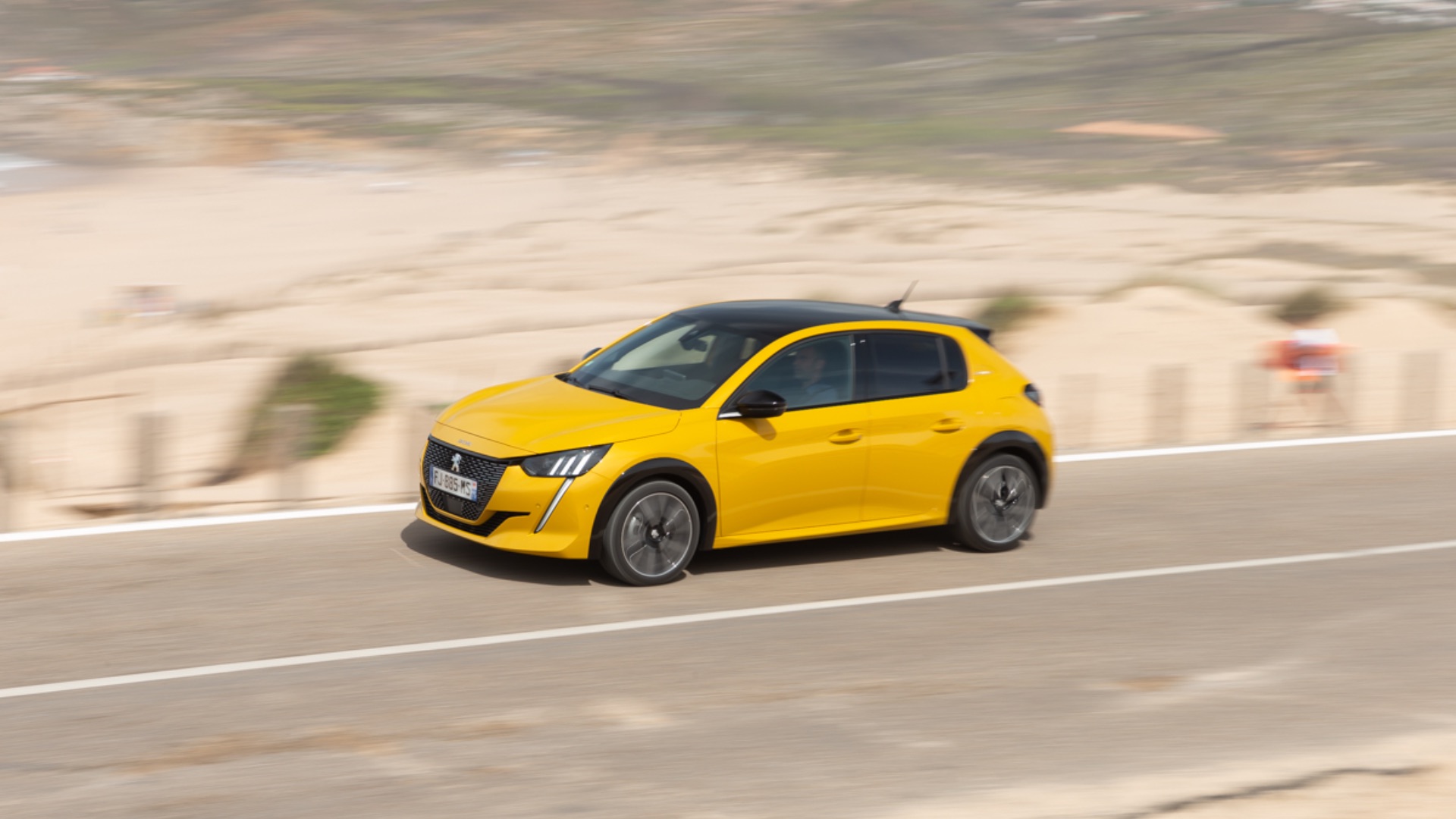
The average price of an electric car is 81 percent higher than that of a normal car, according to a new study.
In Europe (plus Israel and Turkey), where electric cars represent 1.9 percent of the new car market, the average retail price of a new car is $34,091 (£27,129). Meanwhile, the average price of the most popular electric cars range from $35,000 (£28,000) to $103,000 (£82,000).
Even the Renault Zoe – one of the cheapest electric cars available – is more expensive than the average retail price in 15 European markets.
In the U.S. and Canada, where the market is dominated by SUVs and pick-ups, the average retail price is $35,614 (£28,340), making it the highest average in the world.
Nevertheless, the cost of electric cars still exceeds the average vehicle price. The Tesla Model 3, which is the region’s top-selling electric car, is 21 percent more expensive than the average.

Only China bucks the trend, where a clear electric car strategy has made it the world’s largest EV market. Government subsidies and fewer safety regulations mean that electric cars are as much as 43 percent lower than the market average.
The Chery EQ1 city car retails for $20,260 (£16,120), while the BYD Yuan is priced at $15,279 (£12,159) – both significantly less than the $26,715 (£21,259) market average.
JATO, the company behind the study, says that price represents one of the four main challenges to the electric car market, the others being poor infrastructure, battery range and a limited supply of cars.
On the price gap, Felipe Munoz, JATO analyst, said: “The gap is set to reduce in the long term. Prices of BEVs (battery electric vehicles) are expected to fall as battery costs decrease and the OEMs share their technologies.
“Yet, based on the latest product announcements and presentations, this is not the case in the short term. It will be very difficult for OEMs to reduce prices and, most importantly, to expand profits without an increase in sales volumes.”

Munoz referenced the likes of the Volkswagen ID.3, Peugeot e-208 and Vauxhall Corsa-e as potential turning points in the sector, while low-priced entries such as electric versions of the Renault Kwid and Maruti Suzuki Wagon R should have a positive impact on the global market.
Click here to read about the new electric cars coming to market within the next 12 months.
[…] not beat around the bush here – electric cars do tend to be more expensive to buy upfront than petrol or diesel cars but the price gap is nowhere near what it used to […]